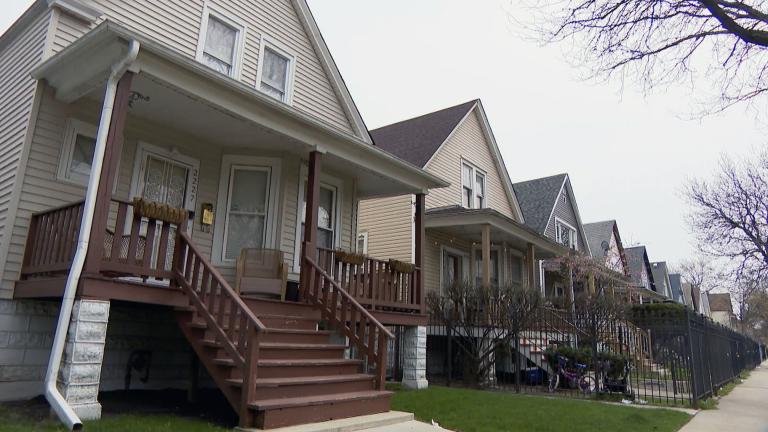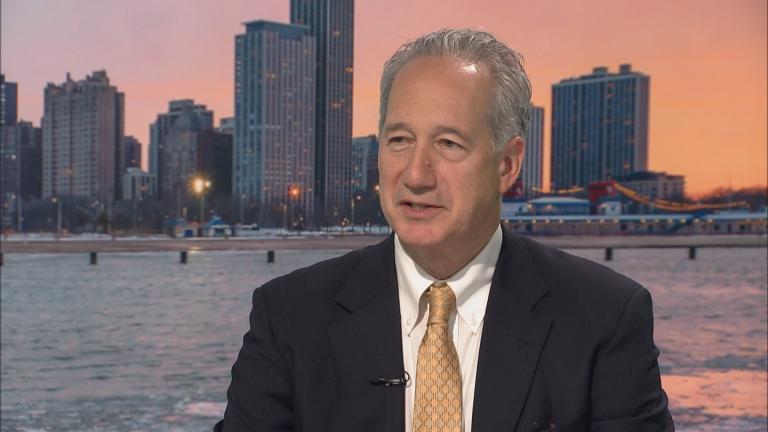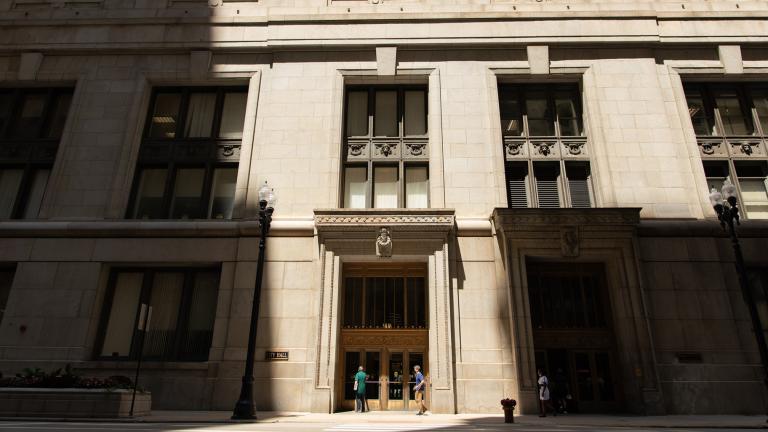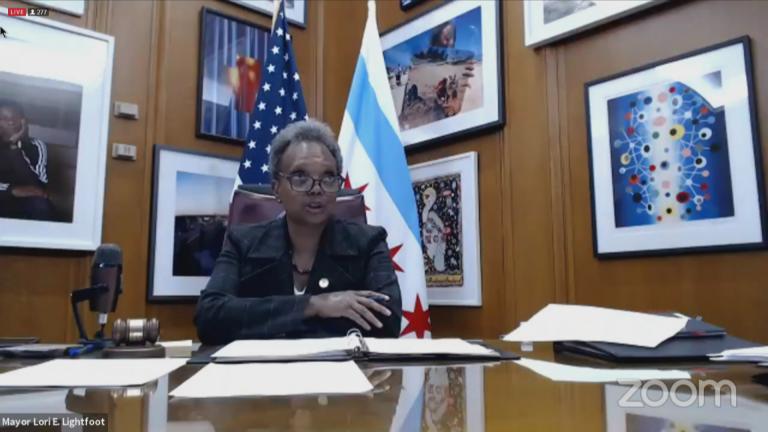“Unachievable.” That's what fiscal watchdog group The Civic Federation calls Gov. Bruce Rauner's proposed 2016 fiscal budget in a new report released today. And the report comes a day after Rauner gave an unprecedented speech to the Chicago City Council, saying city officials shouldn't expect a bail out from the state. Tonight we talk with a panel of experts about what this means for the city and the state. Joining us are Laurence Msall, president of The Civic Federation; Anders Lindall, spokesman for AFSCME Council 31; Ted Dabrowski, vice president of policy for the Illinois Policy Institute; and Michael Belsky, professor at the University of Chicago’s Harris School of Public Policy.
View a chart of Civic Federation positions on Gov. Rauner's budget proposal.
|
2016 Budget Proposal |
Civic Federation Position |
Reason for Position |
|---|---|---|
|
Overall proposal |
Opposes |
The proposal relies heavily on projected savings. |
|
Published on time |
Supports |
Publishing the plan on the deadline of Feb. 18, 2015 gives legislators time to evaluate the plan before the start of FY2016 on July 1. The budgets of fiscal years 2010, 2011, 2013, 2014, and 2015 were all delayed. |
|
Cuts local governments’ share of state income taxes by 50 percent ($634 million) |
Opposes |
Many municipalities are facing severe financial strain. If the finances of local governments—particularly Chicago’s, the state’s economic engine—deteriorate further, the state will also suffer. |
|
Forgoes borrowing in order to pay for operating expenses |
Supports |
Because borrowed amounts must be repaid within 18 months, borrowing adds stress to future budgets. |
|
Accounts for $2.2 billion in savings from pension contributions |
Opposes |
Pension reform is unlikely to be implemented in FY2016. If the savings are included in the budget but not actually achieved, the state’s fiscal condition would worsen. |
|
Reduces backlog of unpaid bills by $505 million |
Supports |
The state begins each year in a hole because of the backlog, which is expected to total $6 billion at the end of FY2015. The state’s low credit ratings are also due to these unpaid bills. The Civic Federation recommends paying all the bills within the next five years. |
|
Accounts for $655 million in savings for state group health insurance through collective bargaining |
Opposes |
The reduction is unlikely to be implemented in FY2016 due to the sheer amount of time and effort involved in labor negotiations with unions. |
|
Seeks savings on state group health insurance |
Supports |
While the Civic Federation opposes accounting for savings in the budget, it supports efforts to seek those savings. |
|
Accounts for savings by changing Medicaid qualification requirements and cutting services to former foster children |
Opposes |
These savings are unlikely to be achieved because they require changes in state law and approval from the federal government and/or courts. |
|
Eliminates income tax revenue diversions from General Funds |
Supports |
In FY2015, $452 million was diverted into two funds—one for education and one for human services. These would have more than doubled in FY2016. Eliminating the diversions makes the budget process more transparent and easier to distribute resources. |
|
Cuts to social services for the elderly ($170 million), the disabled ($110.2), and people with severe disabilities ($75 million) |
Opposes |
Services like keeping seniors out of nursing homes, assisting people with severe disabilities, and treating those with mental illnesses are more efficient in the long run that institutionalization. |







